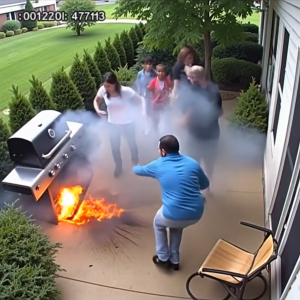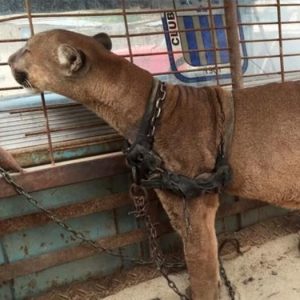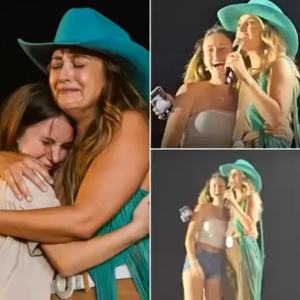Grieving Texas Father Speaks Out After Son’s Accused Killer Is Allowed to Graduate
The father of a 17-year-old boy who was fatally stabbed at a Texas high school track meet is speaking out in disbelief after learning that the teen charged in his son’s death has been allowed to graduate.
On April 2, Austin Metcalf was at Kuykendall Stadium in Frisco, Texas, attending a track and field event with his younger brother, Hunter. What started as a regular school day turned tragic when a fight broke out in the stands. According to police, 18-year-old Karmelo Anthony allegedly pulled a knife during the altercation and stabbed Austin in the chest. Austin collapsed in his brother’s arms and later died, despite efforts by first responders to save him with CPR and emergency blood transfusions.
Anthony was arrested and charged with first-degree murder. He was later released on house arrest while the legal process continues.
Now, Austin’s father, Jeffrey Metcalf, is outraged that Frisco’s Centennial High School has allowed Anthony to receive his diploma—even as he faces an open murder charge.
“This feels like they’re rewarding someone who’s been accused of killing my son,” Jeffrey said after filing a formal complaint with the Texas Education Agency. “How can they hand him a diploma when my son will never get the chance to graduate?”
Anthony’s family insists he acted in self-defense. His mother, Kala Hayes, recently spoke at a press conference, claiming their family has been threatened and publicly attacked over what she called “false accusations.”
Jeffrey Metcalf attended that press conference but says he was escorted out by police after being treated with disrespect.
“All I wanted was a simple, ‘We’re sorry for your loss,’” Metcalf said in an interview with the New York Post. “I would’ve said, ‘Let’s pray together and show people we’re trying to heal.’ But that didn’t happen.”
Because of his house arrest, Anthony will not attend Centennial’s graduation ceremony. According to his representative, Dominique Alexander, the school had initially considered expulsion but instead allowed him to graduate early and in private.
As the Metcalf family grieves the loss of their son and the Anthony family prepares to defend theirs in court, a larger conversation is unfolding—one that raises difficult questions about justice, school policies, and how communities should handle such devastating and complex situations.





